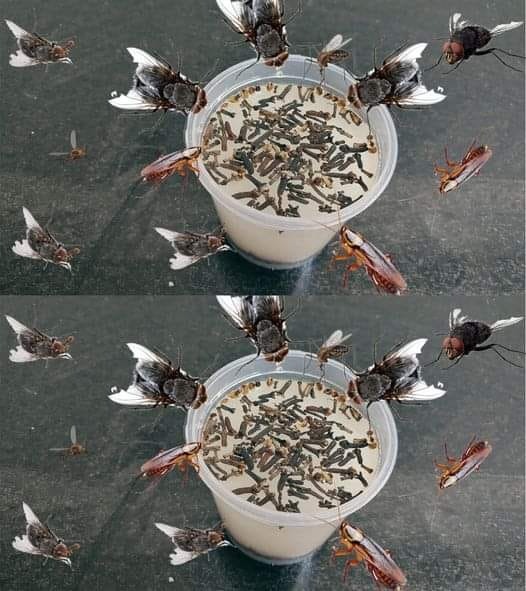The dishwasher is a lifesaver in modern kitchens, making cleanup quick and effortless. However, one common mistake many people make is overloading it, thinking they can fit just one more plate or a few extra utensils to avoid an additional wash cycle. While this may seem efficient, overloading the dishwasher can actually do more harm than good.
In this article, we’ll explore why overloading your dishwasher is a bad idea and provide practical tips on how to use it properly for sparkling clean dishes every time.
Why You Shouldn’t Overload Your Dishwasher
1. Dishes Won’t Get Clean
When you cram too many plates, cups, and utensils into the dishwasher, you block the water and detergent from reaching all surfaces. This leads to food particles and grease staying on your dishes, forcing you to either hand-wash them or run another cycle—wasting both time and energy.
2. Poor Drying Performance
An overloaded dishwasher restricts airflow, meaning your dishes may come out damp or covered in water spots. This can be especially frustrating if you need your dishes immediately after the cycle ends.
3. Risk of Damage to Dishes and the Dishwasher
Stacking dishes too closely can cause them to bump into each other during the wash cycle, increasing the risk of chips, cracks, or even complete breakage. Additionally, forcing large pots or plates into the racks can damage the dishwasher’s spinning arms, leading to costly repairs.
4. Increased Energy and Water Waste
Many believe stuffing the dishwasher saves energy and water, but in reality, an overloaded machine may require a second wash cycle to properly clean the dishes. Instead of saving, you’re actually increasing water and electricity usage.
5. Buildup of Residue and Odors
When dishes aren’t cleaned properly due to overloading, leftover food particles and grease can accumulate inside the dishwasher, leading to bad smells and bacteria buildup over time.







